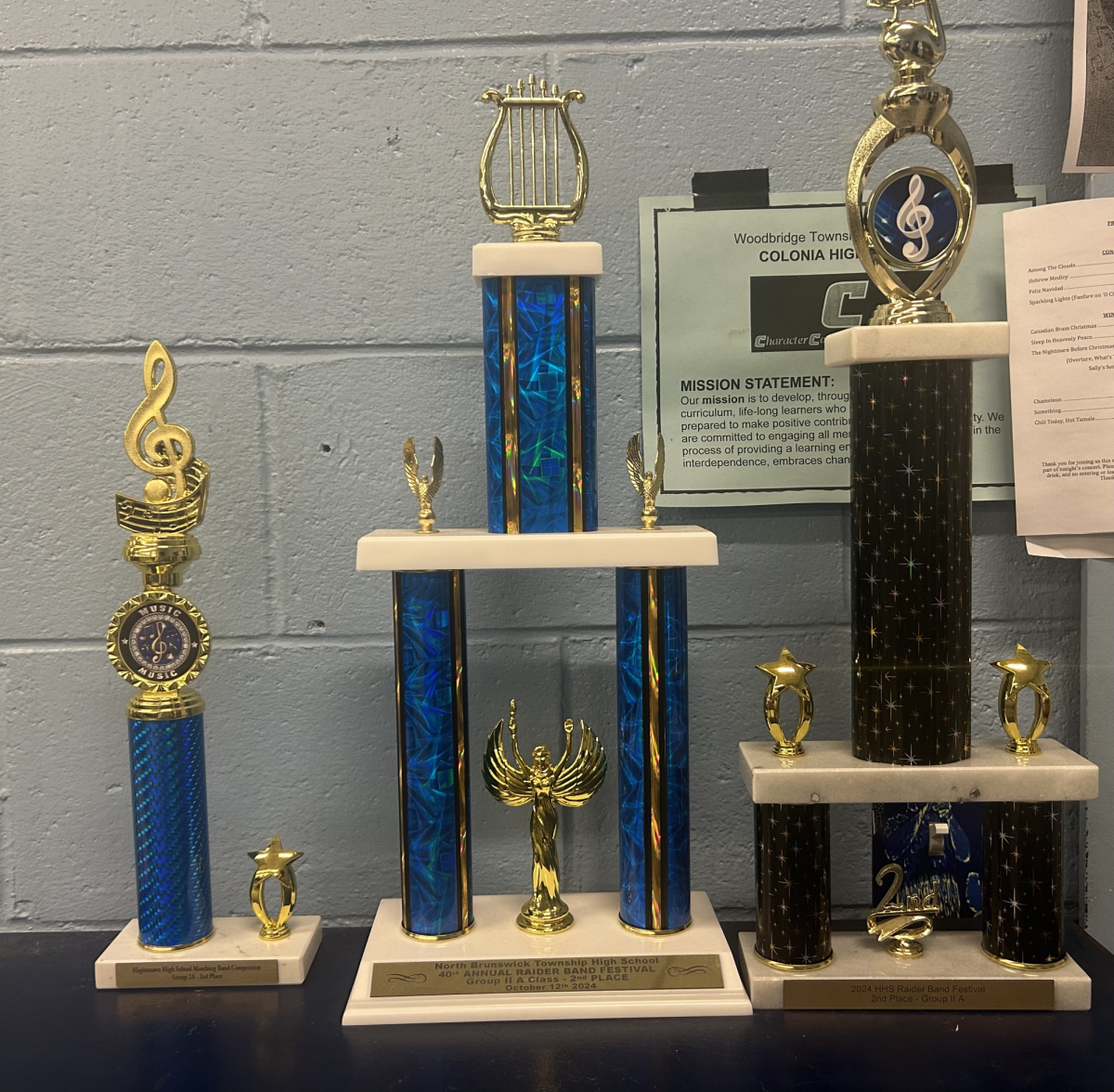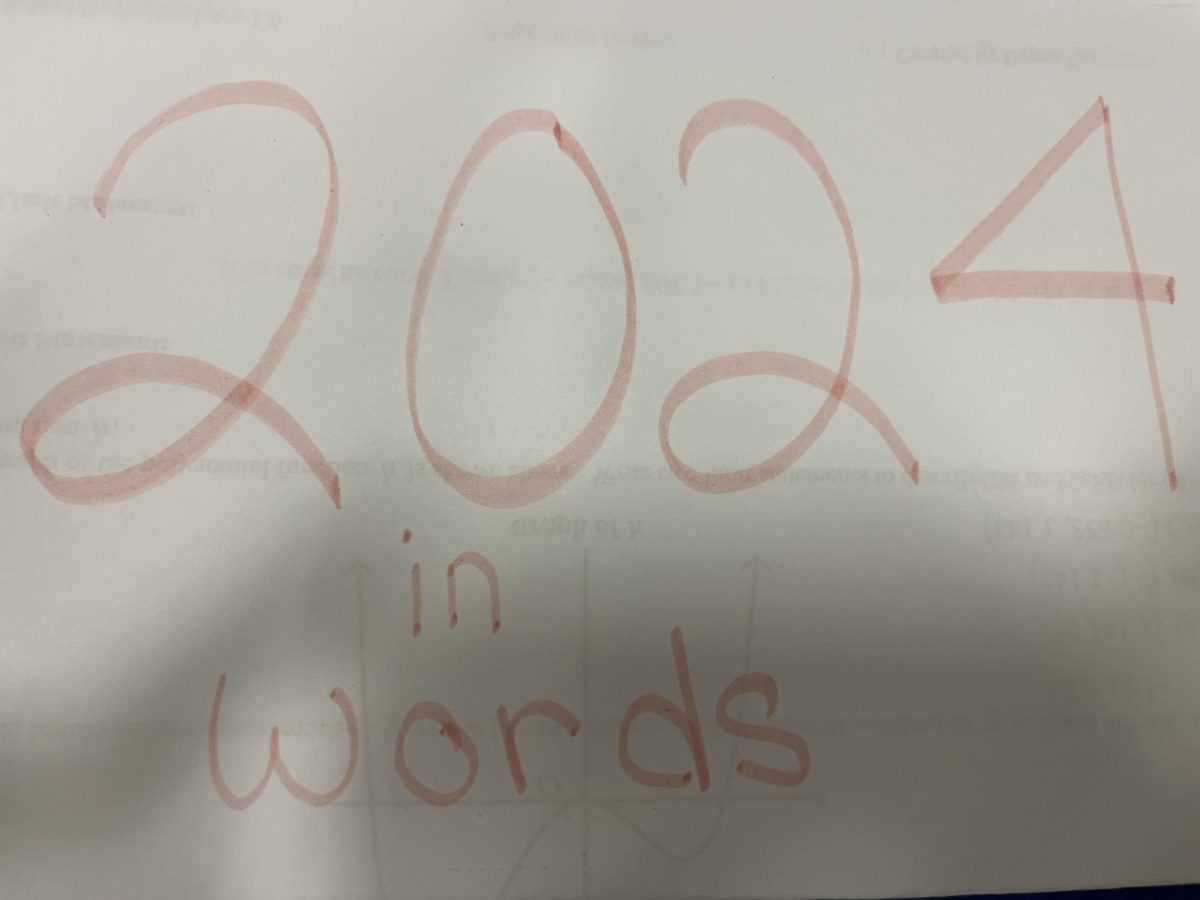
With an economy like it is today, a college education can be expensive. As tuition fees continue to rise, students are left to scavenge for monetary relief. However, thanks to “free money,” students can get the education they need to succeed without the unnecessary debt.
Financial aid is extremely helpful for most, if not all, students. While financial aid is helpful, it only relieves some of the financial burden a higher level education can bring forth.
There is a simpler way to further fund the college courses, books, and other expenditures— scholarships. Scholarships are frequently referred to as gifts, but what are they really? Scholarships are usually merit based, thus students are awarded for their academic or athletic excellence that have requirements to be upheld. While both grants and scholarships can both come from the government, colleges, and private organizations, grants have limited funding streams usually awarded to need based students.
What kinds of scholarships are available? There are hundreds of thousands of scholarships offered from schools, private companies, communities, religious groups, nonprofits and countless other sources. Essentially, they serve as people’s investment in students’ academic careers, hoping to educate society one student at a time. While scholarships are in fact gifts, there are many questions students should take into consideration before applying.
How do you find them? Like most other schools in the nation, Colonia High School assists in acquiring these opportunities. The Colonia High School Guidance Department devote their time to updating the guidance tab with scholarships as soon as they learn about them. Colonia High School Guidance Counselor Linda Bowler suggests starting with the local scholarships since fewer applicants tend to participate. Bowler also stated, “The less number of applicants… the better percentage of getting the scholarship.”
If a student is independently searching for scholarships, they can utilize websites like fastweb.com to find both national and local scholarships. Colonia High School senior Samantha Czapik explained, “It is amazing how easily you can find great scholarships online if you just simply search for them.” According to USA Today, these are the top sites for students looking for scholarships: Chegg.com, Fastweb.com, ScholarshipPoints.com, Cappex.com, Scholarships.com, College Board’s Scholarship Search, StudentScholarships.org, ScholarshipExperts.com and SuperCollege.com.
Scholarships can be rewarded to recognize a multitude of achievements. A few common qualifications are: GPA, community service, and involvement in school activities.
Another frequently asked question is: how do you apply? Bowler suggested that seniors should be searching for scholarships throughout senior year. Bowler also emphasized, “We urge all seniors to apply for the Senior Award application, which is coming soon in March.” The Senior Award application is an application that a student fills out one-time and a committee reviews.
How do you cash-in? After filing and submitting your application, it must be processed. A designated committee for the scholarship will review all the submitted applications and select the winners based off their qualifications. If you are selected as a beneficiary, you will be contacted by the organization. Certain organizations will withhold their monetary donations until the student officially starts college or their program. If the student is capable of maintaining the specified guidelines— if there are any—scholarships can often be renewed annually.
Lastly, another main consideration is how will the scholarship affect other aid? Ultimately, scholarships and other sources of financial aid such as federal aid and grants go hand-in-hand. Bowler wishes to remind students, “In general, you have to apply for the FAFSA to receive your scholarships.”
If you are still looking to further your monetary aid, contemplate taking advantage of the low interest student loans that the government provides. The way a student chooses to pay for their education varies from student to student, but it is integral to pursue your options in “free money” like scholarships, grants, and other financial aid.










